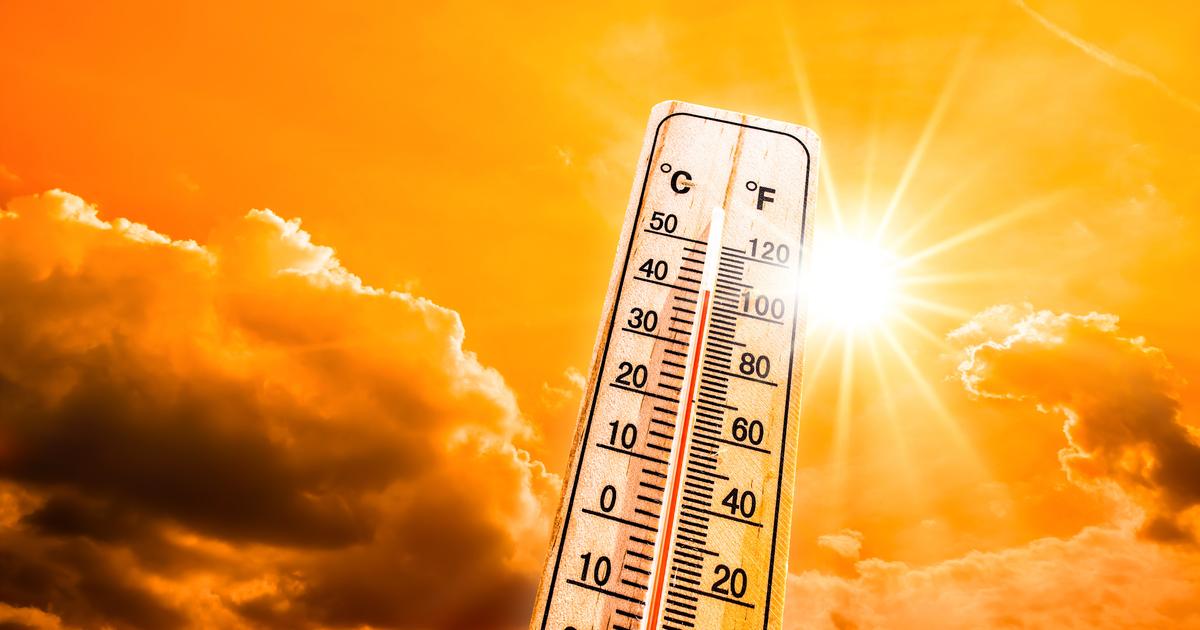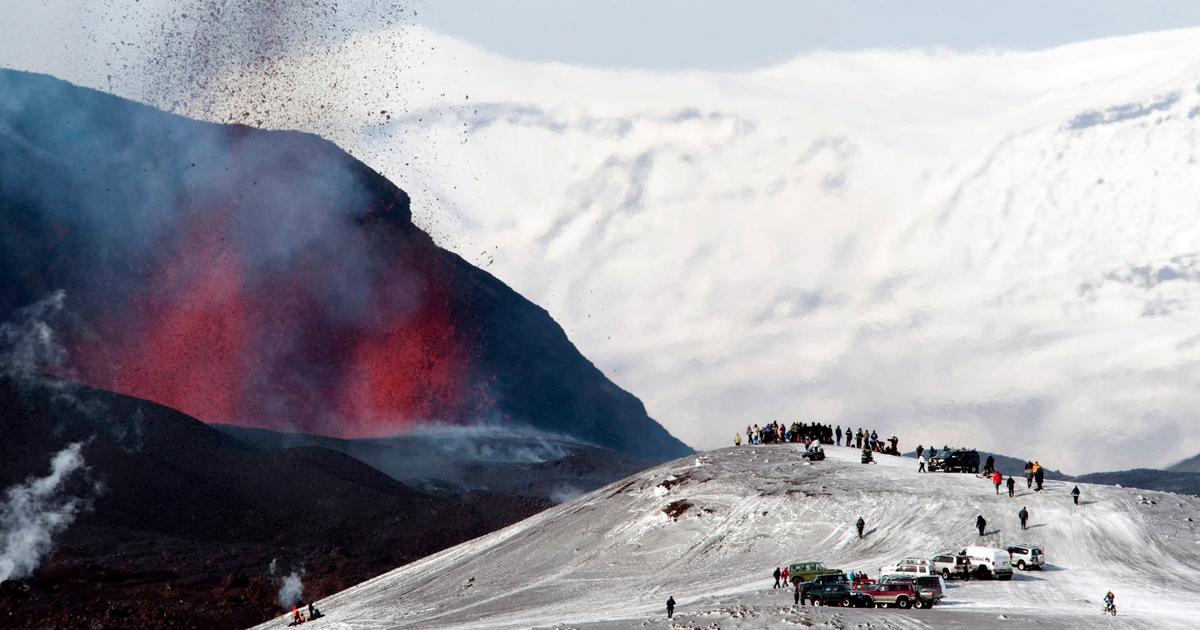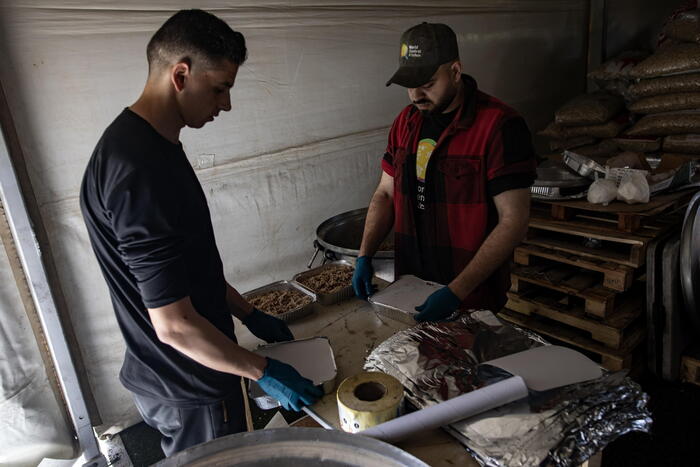Icon: enlarge
Flooded road in Honduras: aftermath of hurricane "Iota"
Photo: WENDELL ESCOTO / AFP
About two weeks after the devastating hurricane "Eta", a second dangerous storm reached Central America.
As a category four hurricane - with sustained winds of 250 kilometers per hour just below the limit of a storm of the highest level - »Iota« hit land on Monday evening (local time) in Nicaragua.
It brought heavy winds and heavy rain.
Pictures showed torrential floods and residential areas under water.
Tens of thousands of people were brought to safety in Nicaragua and neighboring Honduras.
The cyclone was moving inland, weakening as it went.
On Tuesday morning (local time) it was still a category one hurricane with wind speeds of 120 kilometers per hour.
According to the US National Hurricane Center, it was expected to sweep across southern Honduras, weaken further, and dissolve near El Salvador.
Warning of flash floods and landslides
However, the meteorologists continued to warn of possible catastrophic flash floods and landslides in several Central American countries due to heavy rain.
In the Nicaraguan Puerto Cabezas - also known as Bilwi - the wind caused trees and electricity pylons to fall over and covered roofs, according to the head of civil protection, Guillermo González.
The danger was also great because of the damage that Eta had left behind.
In many areas the soil was saturated with water even before Iota arrived.
"Eta" hit the coast of Nicaragua on November 3rd as a category four hurricane - only around 25 kilometers north of the place where "Iota" now reached land.
"Eta" devastated areas in several countries and flooded entire areas.
Thousands of families lost their homes, and more than a million people urgently needed help, according to the aid organization.
More than 150 deaths were recorded;
In addition, there are around one hundred residents of a village in Guatemala that was buried in a landslide.
The search for them was canceled because the conditions were too dangerous.
"Iota" swept on Monday as a category five hurricane initially over the Colombian Caribbean island of Providencia.
According to the President Iván Duque, it was the first hurricane of the highest level on Colombian territory.
According to initial information, there was at least one death there.
"Iota" is the 30th storm this year strong enough to get a name - the previous record was 28 a year.
So many strong storms have formed this year's season that the 21 designated names have long been used up.
For this reason, meteorologists used the Greek alphabet for the first time in 15 years.
There were also an unusually high number of strong storms towards the end of the season, which lasts from June to November.
According to experts, the increasing intensity of tropical cyclones is a consequence of climate change.
According to the German Weather Service (DWD) "Iota" was the first hurricane in the highest category 5 "in this record season" with already 13 hurricanes in the Atlantic.
According to the NHC, up to 50 centimeters of rain per square meter could fall in Honduras and parts of Nicaragua, Guatemala and Belize.
“We have never seen two hurricanes follow one another in such a short time,” said Silvania Zamora from Bilwi.
The aid organization World Vision said it is estimated that more than two million people are "on the path of the hurricane."
"The population here cannot endure any more destruction, neither physically nor emotionally," said the country director for Honduras, Jorge Galeano.
Icon: The mirror
wit / dpa / AFP









